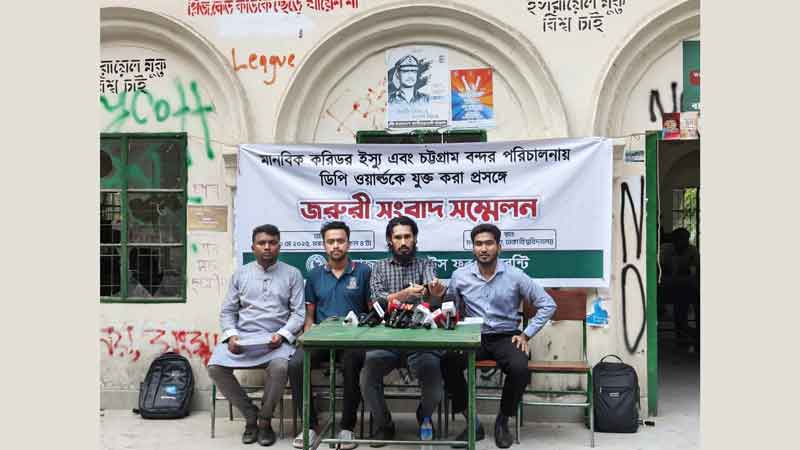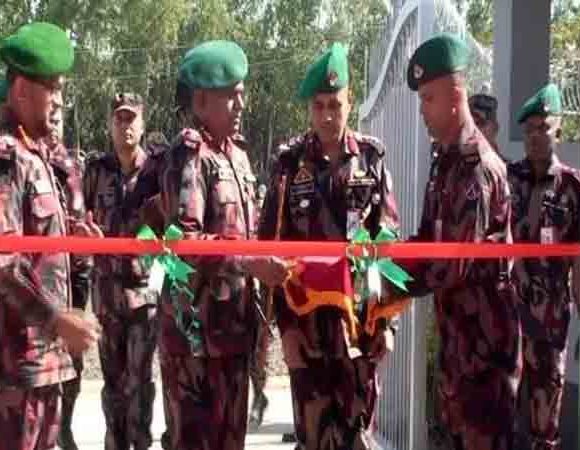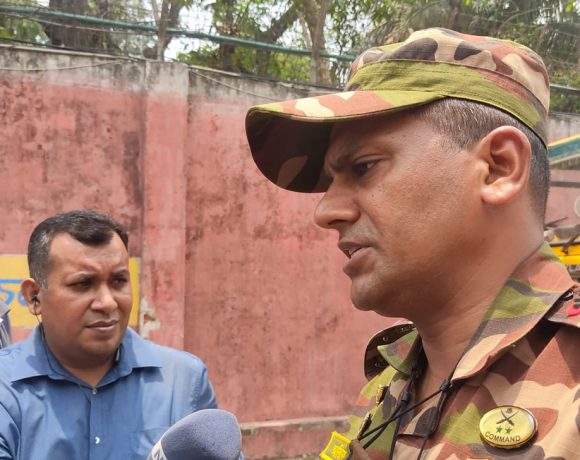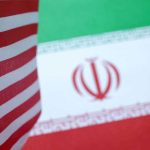Students for Sovereignty raises alarm over corridor plan, port deal

PARBATTA NEWS DESK
Student platform Students for Sovereignty has voiced strong concerns over reported government moves to negotiate a humanitarian corridor through Rakhine and engage foreign company DP World in the management of Chattogram Port, calling both issues “sensitive to national sovereignty and security.”
At an emergency press conference held at Dhaka University’s Madhu’s Canteen on Tuesday, the group stated that no decision involving Bangladesh’s strategic interests should be made without consultation with political parties, citizen platforms, and the broader public.
“Bangladesh is a peaceful country. We do not want to become a proxy for any foreign power,” said Muhammad Ziaul Haque, convener of the group. He cited recent media reports suggesting possible discussions between the interim government, the Arakan Army, and international actors on establishing a humanitarian corridor in Rakhine without adequate national consensus.
He argued that the Rohingya issue must be resolved through direct engagement with the Rohingya community, not through foreign military-backed actors. “Our border security is intertwined with the security and rights of the Rohingya. Giving priority to groups accused of atrocities is unacceptable,” he said.
Ziaul also drew comparisons to the Abraham Accords between Israel and several Arab nations, warning against foreign-led settlements that sideline the core stakeholders.
Turning to Chattogram Port, the platform questioned the rationale behind involving Dubai-based DP World, a firm known for its ties with the US and Israel, and for employing a large number of Indian staff.
“What agreements are being signed? Will foreign naval vessels dock at our ports? Will foreign nationals operate core facilities? The government must answer these questions transparently,” he said.
The group also questioned why port capacity could not be enhanced by training Bangladeshi professionals instead of bringing in foreign operators. “Strategic assets such as Chattogram Port should not be handed over without thorough national debate,” he added.
Criticising the interim government for what they called “sudden and opaque” decision-making, Ziaul stated that matters involving national security are typically subject to parliamentary debate and political consensus. “Such unilateral moves, without transparency or accountability, could become self-destructive.”
Students for Sovereignty urged the government to prioritise consultation, public disclosure, and national interest before proceeding with any corridor arrangements or foreign operational partnerships involving sensitive infrastructure.














